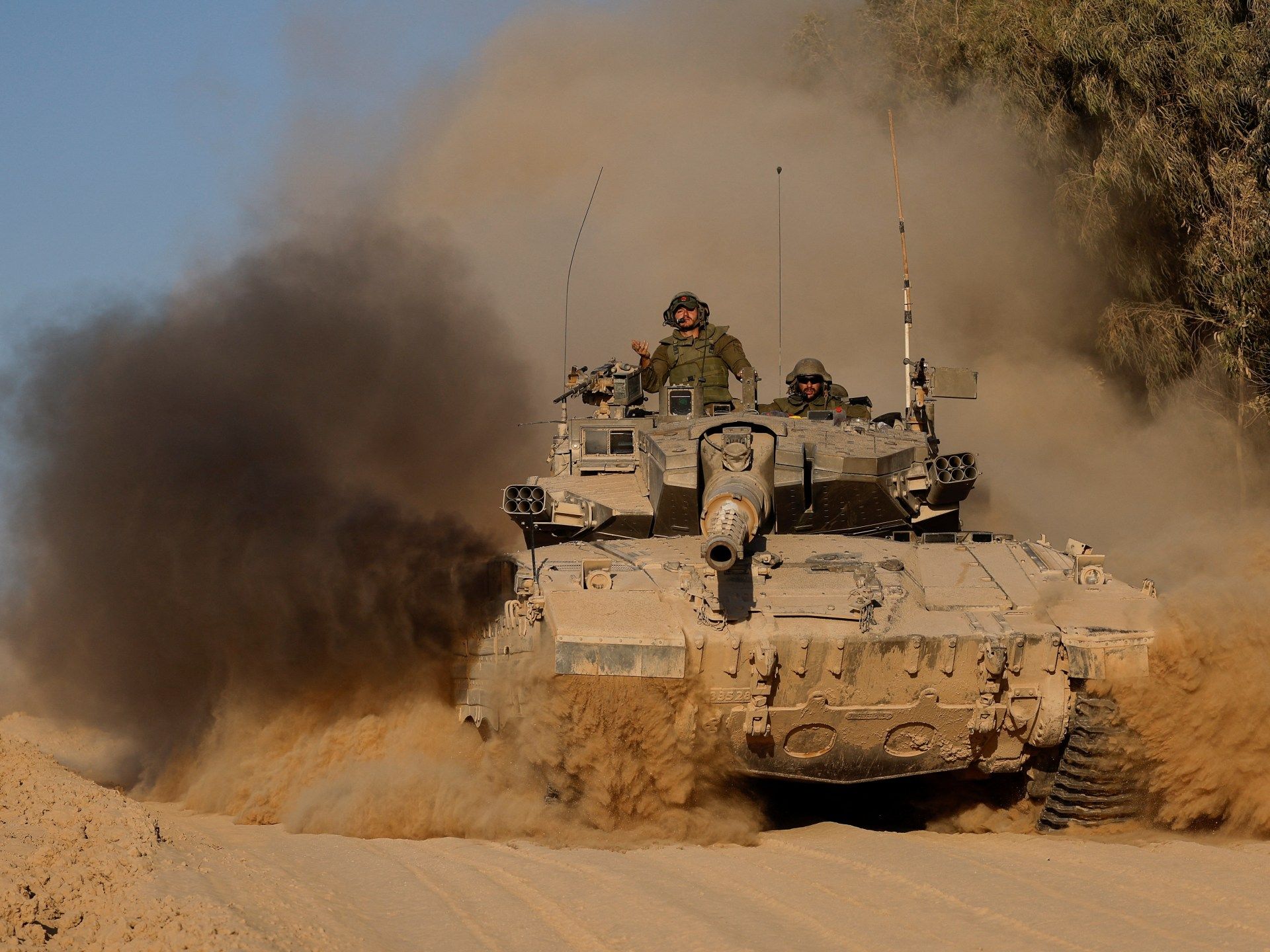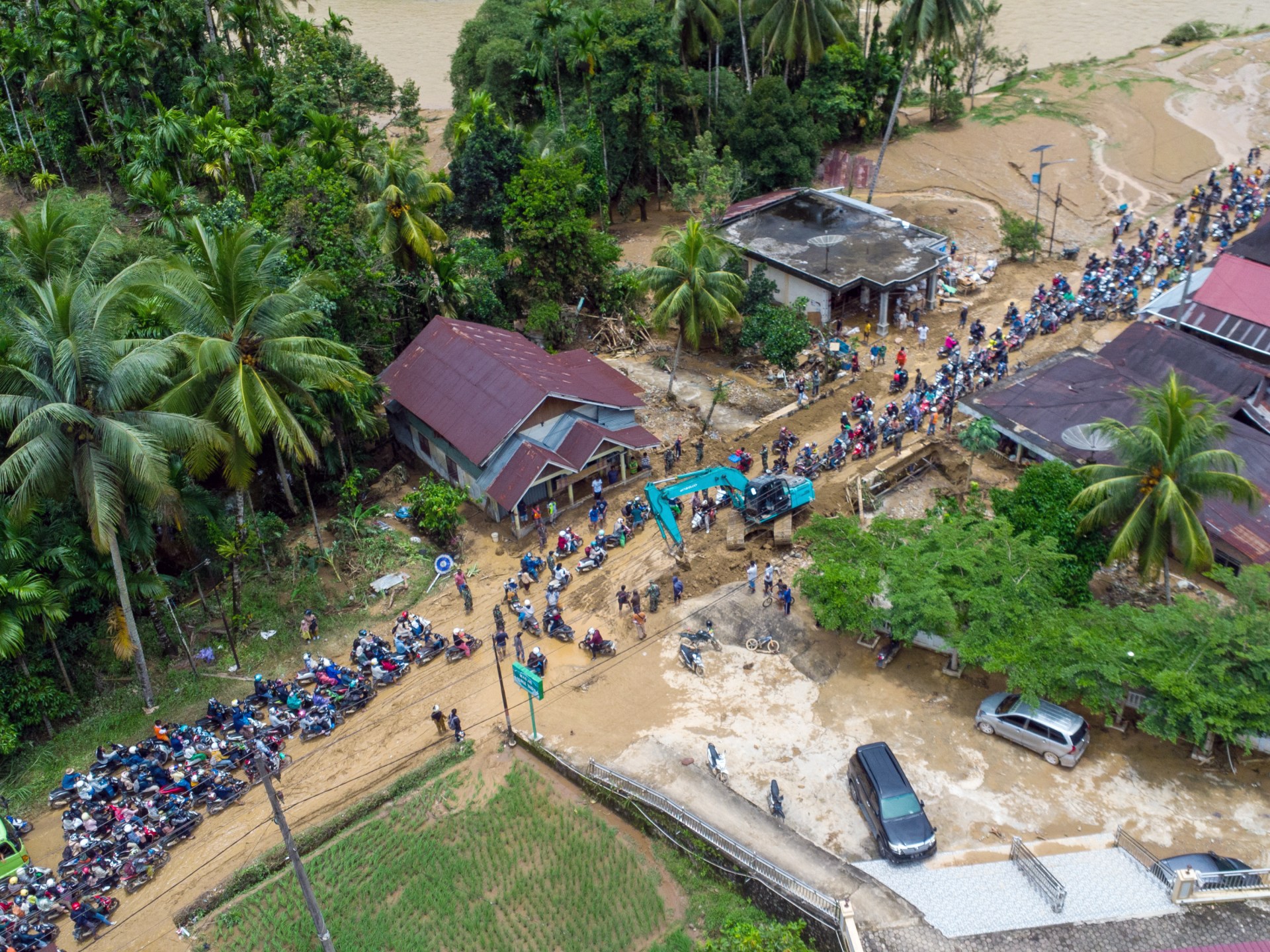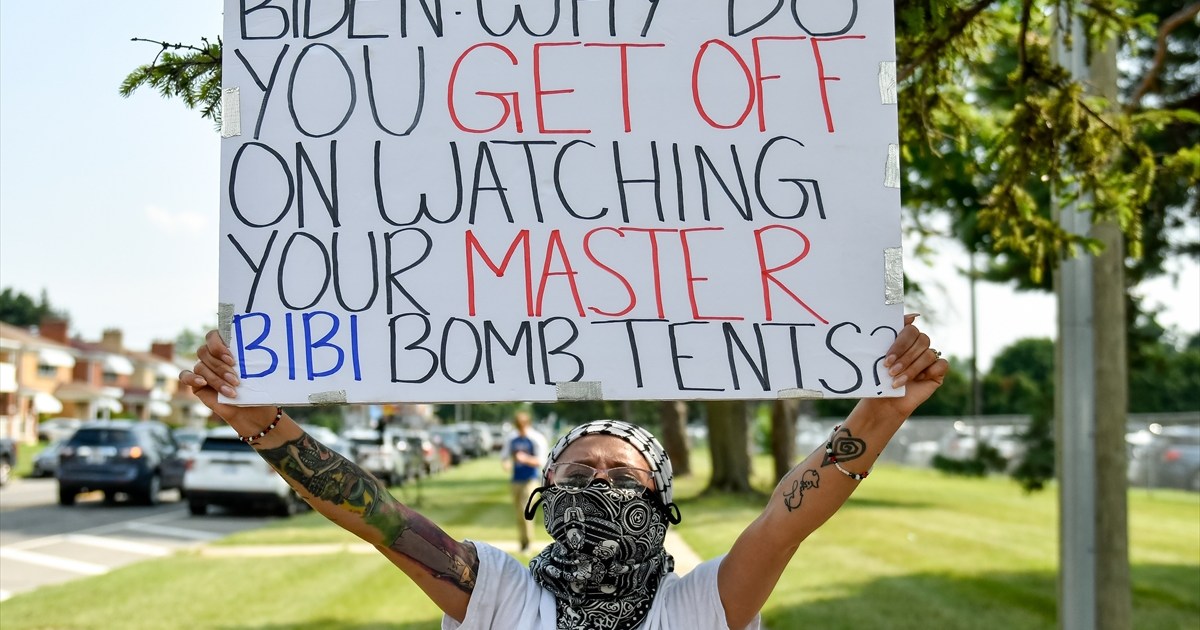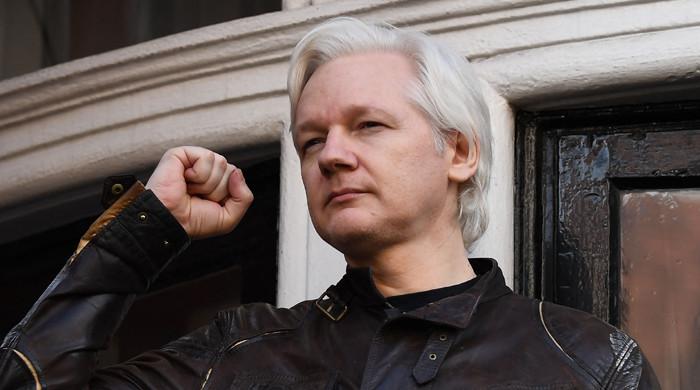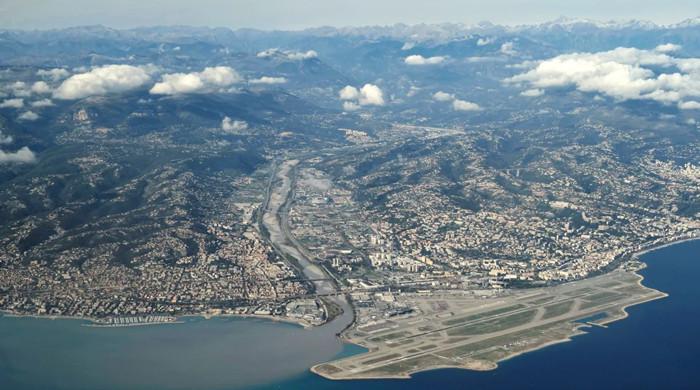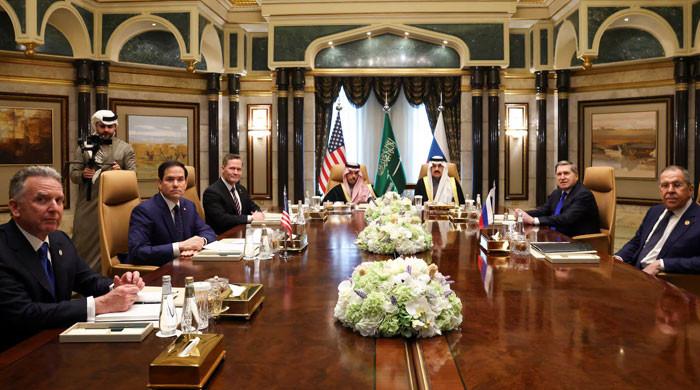Israeli forces have stepped up attacks on areas in the northern Gaza Strip despite renewed ceasefire negotiations.
At least 50 people have been killed in the past 24-hour period and dozens wounded in attacks across the besieged coastal enclave, Gaza's health ministry said Tuesday.
Israeli tanks deepened their incursions into some Gaza City districts such as Shujayea, Sabra and Tal al-Hawa, where residents reported some of the fiercest fighting since the start of the war.
The armed wings of Hamas and Palestinian Islamic Jihad said they had engaged Israeli soldiers in Tal al-Hawa with anti-tank rockets and mortar fire, causing casualties. Residents in Gaza City reported “explosions and numerous gunfire” as well as helicopter attacks overnight in southwestern neighborhoods.
The Israeli military has turned its attention to Gaza City after announcing it had information showing Hamas and Palestinian Islamic Jihad fighters were operating there.
Gaza City residents have now been ordered to move to the central district of Deir el-Balah, which the United Nations says is “already severely overcrowded with Palestinians displaced from other areas of the Gaza Strip.”
In the first weeks of the war, Israel had asked civilians in the north of the enclave to move south, declaring the area “safe,” but then expanded its attacks there.
Maha Mahfouz fled her home with her two children and many other Palestinians from the Zeitoun neighborhood of Gaza City. She said her area was not included in the latest evacuation orders, but “we are panicking because the shelling and shooting are very close to us.”
Women and children murdered
Seven people were killed in an explosion at a house in the Nuseirat refugee camp in central Gaza. Six people were killed in an attack on a house on Al-Jalaa Street in northern Gaza City, and three others were killed in a bomb attack in the nearby town of Lababida.
Marwan al-Sultan, director of the Indonesian Hospital, said they received 80 patients and wounded from Al-Ahli Hospital. They had to be crowded into “every corner,” he said, as Gaza’s medical facilities have been overwhelmed by the wounded as they struggle to keep functioning due to Israeli attacks and lack of supplies.
“Many cases require urgent surgeries. Many cases suffer direct gunshot wounds to the head and require intensive care. Fuel and medical supplies are running low,” he said.
He said the hospital also received 16 bodies, half of them women and children.
Mahmoud Bassal, a spokesman for the Civil Defense, said the military had shelled houses in the Jaffa area of Gaza City and that emergency response teams “saw people lying on the ground and were unable to recover them.”
In a situation update on Tuesday, the Israeli military said its forces “eliminated dozens of terrorists and located numerous weapons” during their operations in Gaza City.
His soldiers continue to carry out raids “above and below ground” in the Shujayea neighborhood, he added.
The Office of the United Nations High Commissioner for Human Rights said it was “horrified” by the latest mass evacuation orders as “civilians continue to be killed and injured.”
According to the Gaza Health Ministry, at least 38,243 people have been killed in Gaza and 88,033 wounded in Israel's war since October 7. The war began that day after Hamas attacked southern Gaza, killing at least 1,139 people and taking dozens of others prisoner.
Hassan Barari, a professor of international affairs at Qatar University, said the level of attacks against civilians was nothing new.
“These atrocities have been the hallmark of the Israeli operation in Gaza from the beginning,” he told Al Jazeera.
Ceasefire negotiations
As Israel steps up its bombardment of northern Gaza, Hamas and Israeli officials have been discussing a possible ceasefire with mediators.
But on Monday, Hamas warned that the escalation of attacks would bring the talks to “zero”. Its political chief, Ismail Haniyeh, said he had established “urgent contact” with mediators and warned of “catastrophic consequences” of the deadly raids.
Egyptian President Abdel Fattah el-Sisi discussed efforts to reach a ceasefire in Gaza with US Central Intelligence Agency Director William Burns in Cairo on Tuesday, the Egyptian presidency said in a statement.
Burns and Israeli Mossad chief David Barnea will reportedly travel to Doha on Wednesday and meet with Qatari Prime Minister Sheikh Mohammed bin Abdulrahman bin Jassim Al Thani, a key mediator.
Barari said the first phase of the ceasefire proposal – six weeks without fighting – is crucial to giving the people of Gaza some sense of security after nine months of relentless attacks and to receiving desperately needed humanitarian aid.
“The continuation of the war is not good for the Palestinians, but it is not good for the Israelis either. If the Israeli government succeeds in freeing the hostages, the impetus to continue the war will become less and less,” Barari said.
“I think this would be a wake-up call to Israeli society that the time has come to end the war.”

